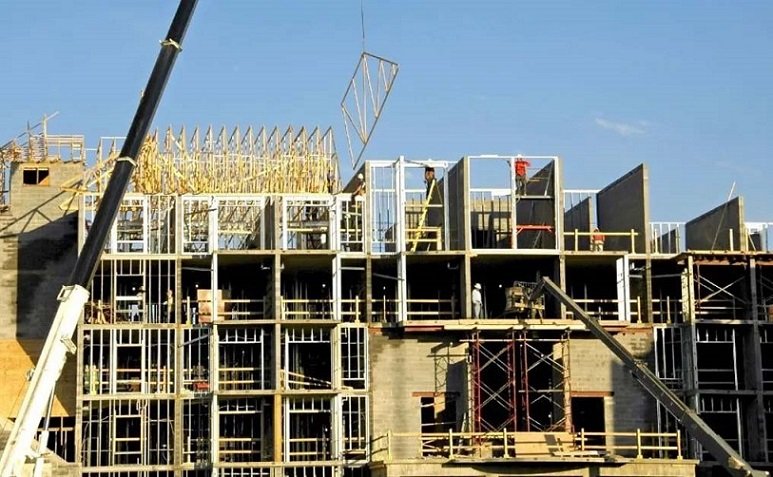Key points
- 7% fall in foreign arrivals during the first half of 2025, Thailand’s hotel sector continues to expand aggressively, led by major developments in Bangkok and nine other key provinces.
- The Real Estate Information Centre (REIC) reported that 75% of all new hotel rooms were concentrated in these top provinces, signaling investors’ long-term confidence in Thailand’s tourism rebound and hospitality demand.
- For the latest on the hotel industry in Thailand, keep on logging to Thailand Hotel News.
Thailand Hotel News: New hotel developments surge despite fewer arrivals
Despite a 4.7% fall in foreign arrivals during the first half of 2025, Thailand’s hotel sector continues to expand aggressively, led by major developments in Bangkok and nine other key provinces. The Real Estate Information Centre (REIC) reported that 75% of all new hotel rooms were concentrated in these top provinces, signaling investors’ long-term confidence in Thailand’s tourism rebound and hospitality demand. This Thailand Hotel News report reveals that while the overall number of new hotel projects nationwide declined by 34.6%, major destinations like Bangkok and Chonburi continued to show significant construction activity.

Thailand’s hotel construction surges despite falling foreign arrivals, led by new developments across Bangkok, Chonburi, and other key tourism provinces.
Image Credit: StockShots
Bangkok leads a surprising surge in hotel projects
According to REIC’s data, Bangkok experienced an extraordinary 230.7% increase in applications for new hotel construction during the first half of 2025. This development boom was accompanied by major activity in coastal and tourist-heavy areas including Chonburi, Rayong, Phuket, and Krabi. Other provinces such as Chiang Mai, Samut Prakan, Nakhon Ratchasima, Khon Kaen, and Prachuap Khiri Khan also saw notable investments, with Samut Prakan recording an impressive 366.7% year-on-year rise in hotel openings. The trend suggests developers are betting on long-term tourism growth, new domestic travel patterns, and the rise of alternative hospitality models such as branded residences and serviced apartments.
Tourism slump challenges short-term recovery
While hotel construction surges, the REIC cautioned that foreign tourist arrivals dropped notably compared to last year. The biggest fall came from China, where arrivals plunged by 34.1%, followed by declines from Malaysia. However, arrivals from India, Russia, and the United Kingdom increased by 13.8%, 12.4%, and 17.9%, respectively, partially offsetting the downturn. The overall national hotel check-in rate, meanwhile, improved to 60.8%, up from 59.1% during the same period in 2024, suggesting that domestic travelers and emerging markets are sustaining demand amid global travel uncertainties.
Analysts see mixed trends ahead
Industry observers say the continued hotel expansion amid falling tourist arrivals reflects a “delayed optimism” from pre-pandemic investment plans, as many developers who acquired land or permits before 2020 are now completing long-stalled projects. Analysts also note that investors are increasingly targeting new business models catering to hybrid travel, long-stay guests, and health and wellness tourism, particularly in Chiang Mai and Phuket.
The REIC’s findings underline a critical shift in Thailand’s hospitality landscape. While the short-term tourism market faces uneven recovery, developers appear focused on the next wave of hospitality innovation—diversifying locations, upgrading facilities, and betting on the eventual resurgence of high-value international visitors.
For the latest on the hotel industry in Thailand, keep on logging to Thailand Hotel News.

